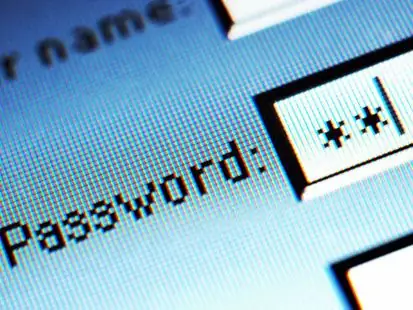For the convenience of users, all browsers have a password saving function. Scripts used on web pages also allow you to store the password by writing it to the browser cache. However, saving the password on someone else's computer may result in the loss of personal data. There are several ways to cancel saving a password.

Instructions
Step 1
Every time you enter a password in any form for input, the browser prompts you to save it in order to save your time in the future and eliminate the need to remember it yourself. To save a password, you usually use a dialog box or a pop-up panel at the top that contains the Save Password, Not Now, and Never Prompt to Save Passwords buttons. Press the second or third button depending on the situation. After visiting, do not forget to close the browser window, otherwise the password will remain saved until the end of the session.
Step 2
Some Internet sites on the pages of which you log into any system (email, social network, blog service) also offer to save the entered password. You can avoid this in the following way: do not put a tick in front of the lines "Remember me" or "Stay signed in" and the like. Some services offer to solve the privacy problem in a slightly different way. Under the login and password input field there is a line with the inscription "Someone else's computer", and if you do not want your password to be saved, just check the box next to it. As in the first case, end the session, that is, close web pages after visiting, or rather close the entire browser after the end of the Internet session.
Step 3
In newer versions of browsers, there is a function that ensures complete privacy when using the Internet. This function is called "Incognito Mode" (or "Private Browsing). In incognito mode, the browser does not save any information about the current visit to the network: passwords, history, cookies. Therefore, in order for your password not to be saved in the system, use this mode. the mode can span both a single tab and an entire window, depending on your needs.






